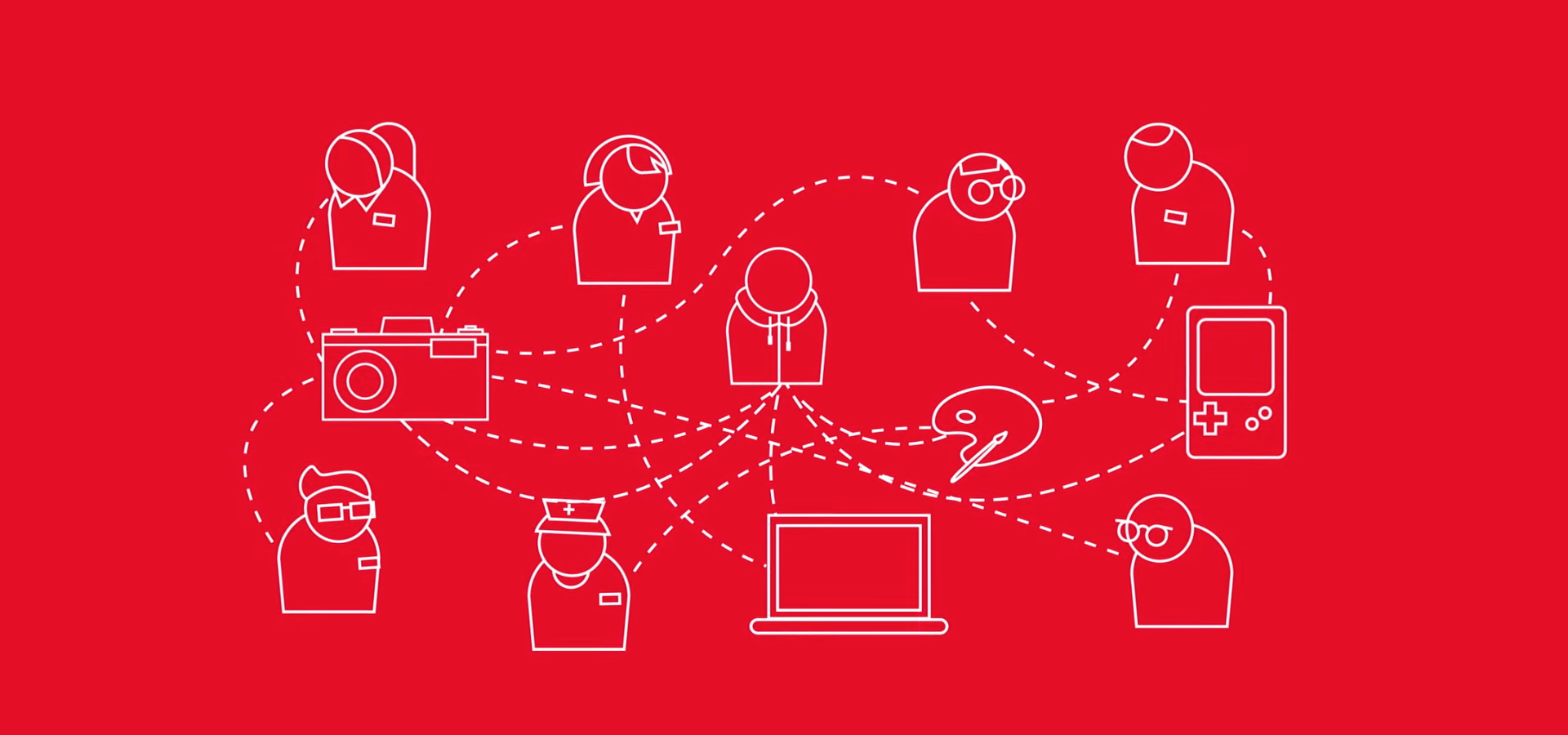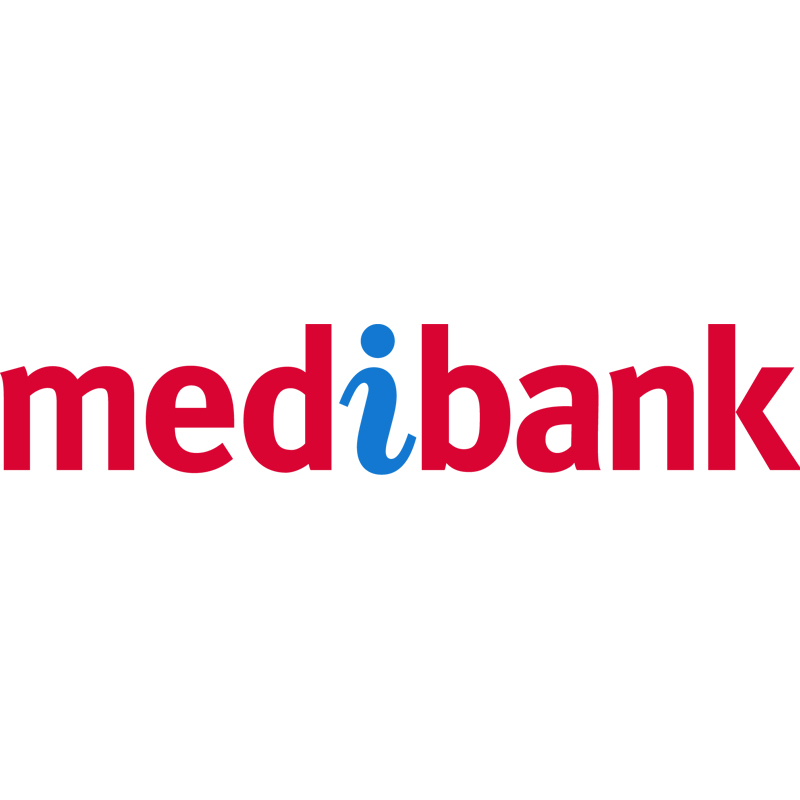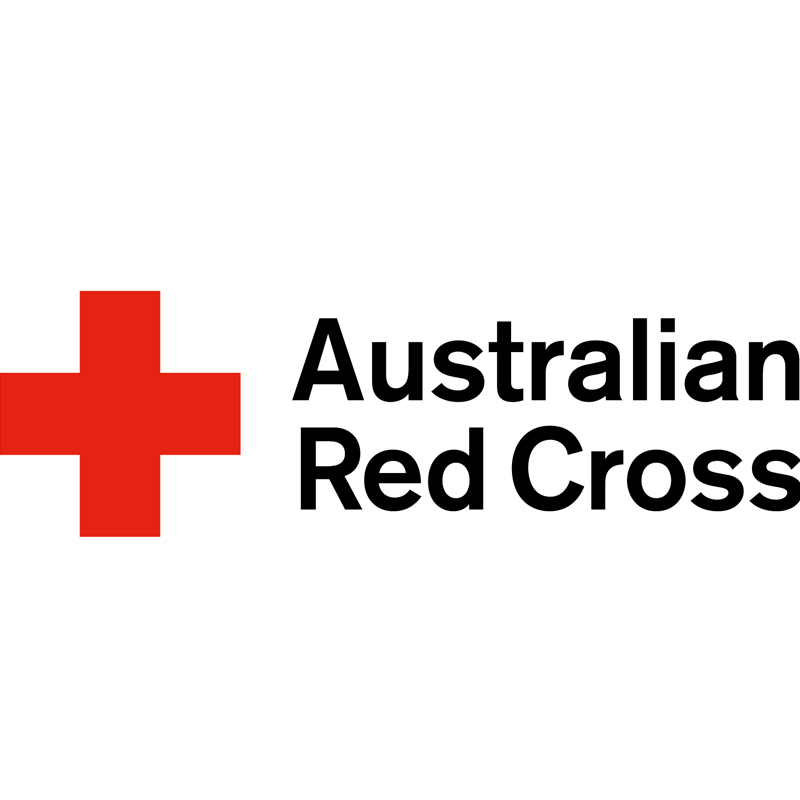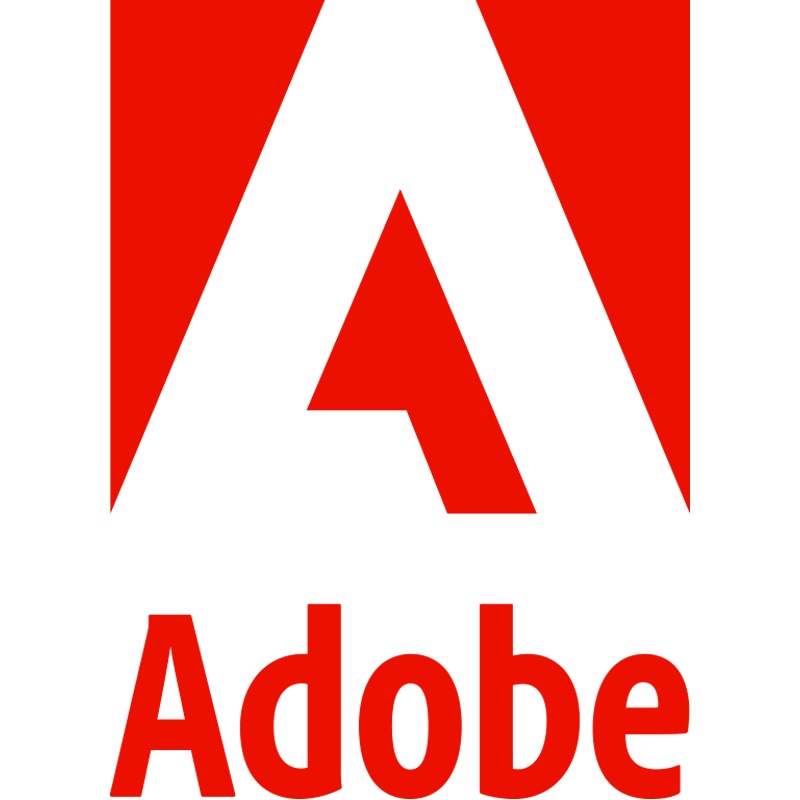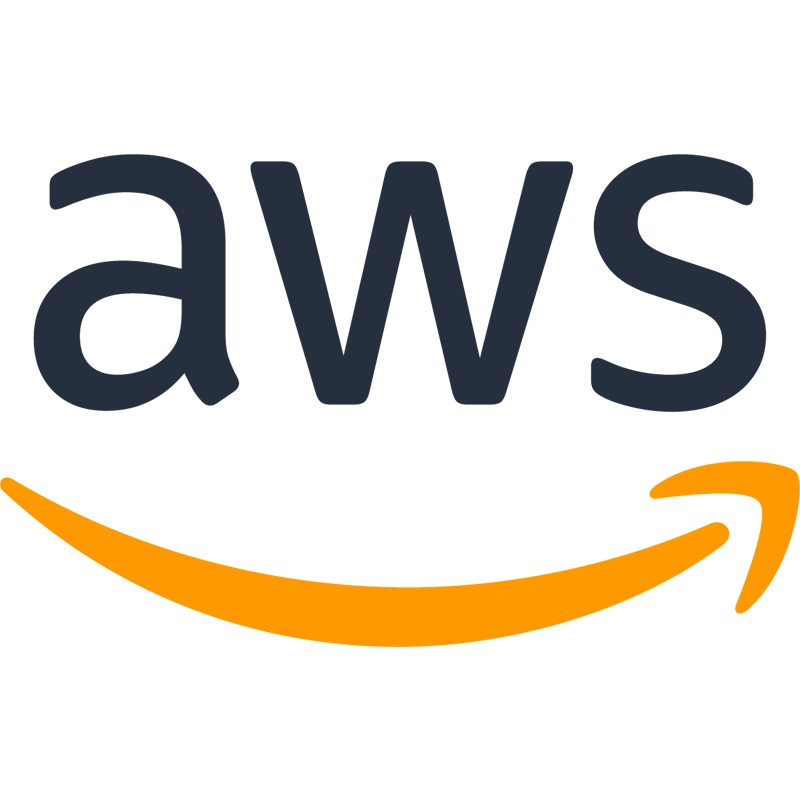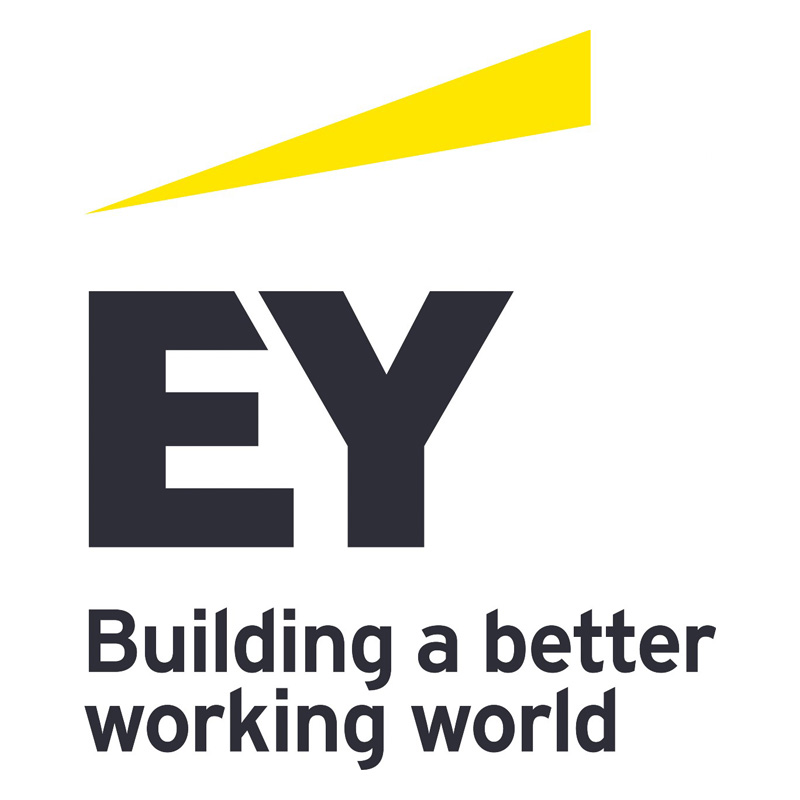[Music]
In this new era of business, an age of globalisation, automation and digital-commerce... Change is the only constant.
Our world is growing, shifting and evolving at lightning pace.
And our careers are evolving with it. So how do you prepare for the roles of tomorrow? For jobs that may not even exist yet?
At RMIT, we believe education is key and our aim is to help you develop the skills that industry requires, now, and into the future. That's why we've developed our new Bachelor of Business.
At most universities, students need to choose a major or specialisation before they've even started their degree. But at RMIT we do things differently.
We want you to develop your own personalised course of study. To have greater freedom to study what you choose, and the flexibility to discover what you love. We want you to be the architect of your own educational experience.
Our students can choose any one, or two, of our 15 majors, and complement this with a choice of 35 minors. So you're free to explore a myriad of different courses, to think creatively, to map out new territory, and rewrite the rules.
You can combine specialisations like Blockchain-enabled Business or Accounting, with studies in creative and social disciplines, like Behavioral Science or Entrepreneurship.
You can choose not to do a major at all, and select across our entire range of business and cross-college offerings.
You can change your mind and explore new subjects as your interests or goals shift over time.
You'll develop a digital portfolio, to build your confidence as an emerging professional, and show off your achievements to potential employers.
You'll work with industry, government, and the community on projects. Playing a critical part in solving real world problems.
And with no more traditional lectures or exams, you'll find out more about who you are, and what's meaningful to you.
In this self-curated program, your peers aren't there because they have to be. They're enrolled in subjects because they're curious, passionate, and engaged.
It makes RMIT an extraordinary place to learn.
So find out what's next in business at RMIT.
[Music]


